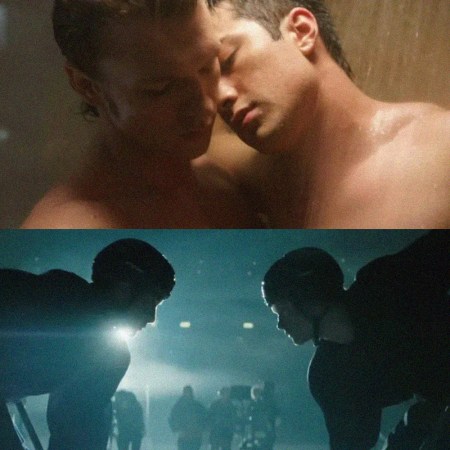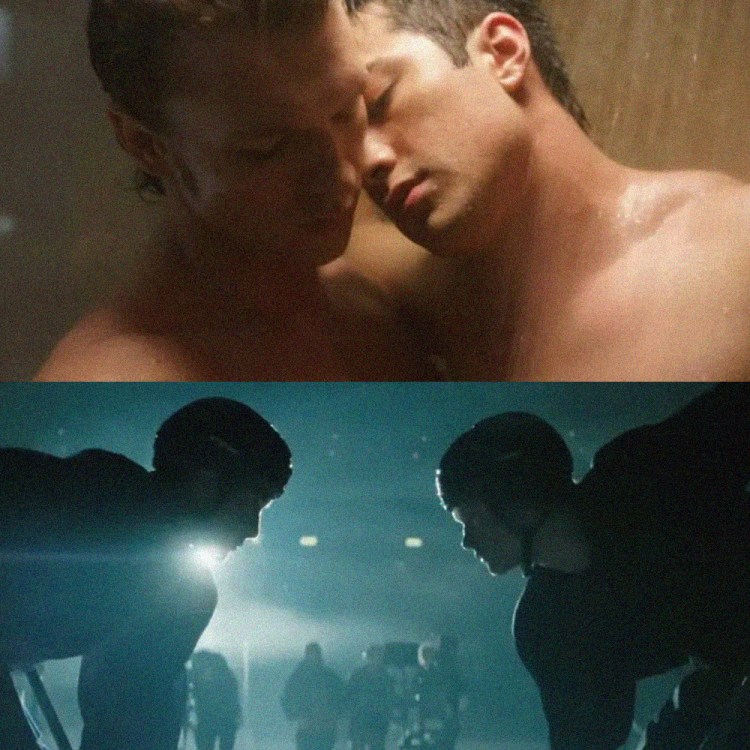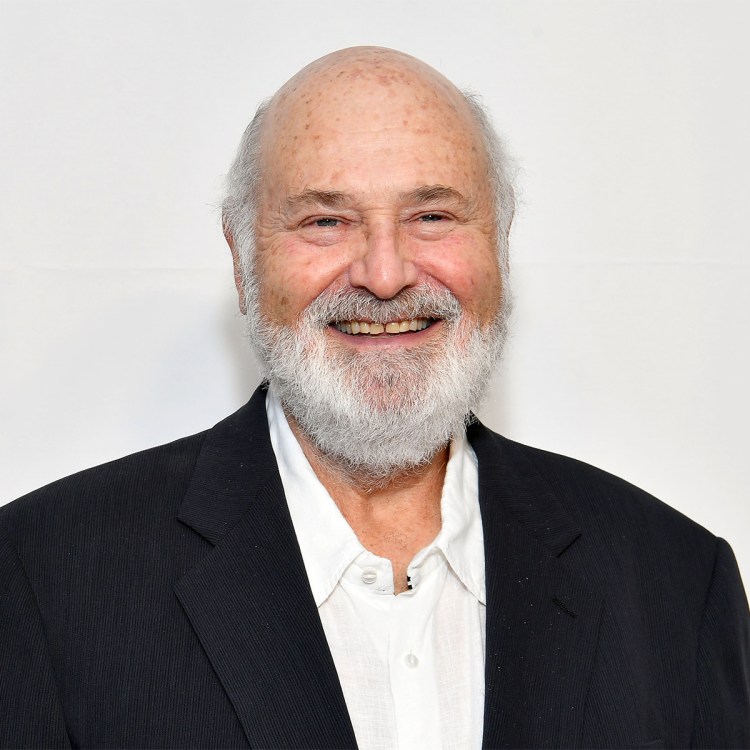Bill Maher took to the stage to rapturous applause as the latest Real Time episode began. He spoke of a “Cinco de Mayo hangover,” and noted the ways the holiday has become ubiquitous lately: “My anal bleaching place” has a promotion for it, Maher said. The quips kept coming: “Elon Musk passed out; when he woke up, he had bought Radio Shack.”
He shifted from there to a more serious topic — the leaked Supreme Court opinion that suggested the end of Roe v Wade as settled law. “Suddenly, getting the right pronoun doesn’t seem so big, does it?” he said. (Which begs the question of why he thinks that’s an either/or situation, but hey.) Maher closed out the segment by soundly mocking Madison Cawthorn.
Chloe Maxmin was there to discuss her book Dirt Road Revival. She spoke about moving back to her hometown — “You’re like Welcome Back, Kotter,” Maher said — and running for office there. Her book (and her interview) both focused on getting more young people elected in rural areas. Maher asked her about getting rural voters on board. She argued that she had pulled it off. “There were Trump signs next to Chloe signs,” she recalled, and went on to describe talking with voters and identifying their concerns.
Maher pondered the line between suburban and rural. “Dirt was a big part of my childhood,” he said, and went on to observe that rural parts of the country go far beyond Appalachia. Maxmin discussed going door to door for her campaign, and being asked her political party before anything else. “I’ve knocked on 20,000 doors,” Maxmin said. Later, she spoke about talking to voters who’d never spoken to a Democrat before.
Maher asked. “Are they racist?” “That’s a complicated question,” Maxmin said. She pondered it for a while, and ended up stating that there’s a lot of racism in rural America, but that many of the people there are not inherently racist. Spoke repeatedly of the need for “an honest conversation” — which the audience seemed very receptive to.
For the evening’s panel, Maher was joined by political strategist Paul Begala and broadcaster Michele Tafoya. “People hate talking about abortion, so let’s do it,” Maher said to kick off the discussion. He pointed out the differences in abortion policy between the United States and many European countries — and cited it as one of several things he didn’t know about abortion before this week. Begala raised the alarm over where Republican policies might go from there, while Tafoya sought out a more centrist position on the issue. It was one of several moments on the show where the two were at odds.
Maher segued from there to the evolution of abortion as policy in the country, including the fact that it didn’t use to be a partisan issue. Maher mentioned that he “had never thought life itself was particularly precious,” though he noted that this was not a standard position. This, too, would be a recurring theme over the course of the night.
Begala then raised the issue of the implications of the leaked opinion on other issues, from marriage to contraception. Maher asked Begala if he was concerned about the prospect of a “domino theory.” Begala was; Maher and Tafoya were less convinced.
In the second half of the discussion, Maher brought up the issue of student loan debt, which he argued was “a loser issue for a party trying to win back the working class.” Begala spoke of wanting to expand the idea of a GI Bill-like program for national service, taking a broader view of national service that could include everything from military duty to mentoring students.
Some of this tied in with Maher’s running argument that too many people go to college. Things got more interesting when Tafoya brought up her own time in graduate school, which led Maher to ask her what, precisely, she’d learned there that factored into her work in broadcast media. She explained that it related to her backup plan for life. “It’s not every day that you get a job in network sports,” she said.
Tafoya and Begala clashed a few times, but both agreed on one point — that higher education had become too expensive. Begala hailed his own education at the University of Texas, which he paid for by working as a bartender; he cited the figure of it costing him four dollars a credit. And, as he observed, this is no longer a situation a student in a comparable position could face today.
Maxmin joined the panelists for Overtime, which opened with a discussion of J.D. Vance’s primary win in Ohio, and its implications for Donald Trump’s role in the Republican Party. Tafoya was skeptical that Trump would be the Republican nominee in 2024; Begala and Maher were both certain of it. “This is not a man who gives up things gracefully,” Maher said. “Look at his hair.” And in the nine minutes of the segment, the three guests covered a lot of ground — in terms of policy debates, it was probably the most fascinating part of the night.
New Rules began with an extended riff on the idea of orange juice poured on cereal, with a few barbs directed at Hillary Clinton’s Met Gala appearance. The bulk of the segment focused on online misinformation, and found Maher making the argument that it wasn’t platforms’ job to confirm information. “It’s like fact-checking the graffiti on the bathroom wall of a dive bar,” he quipped. But he cited several examples throughout history, from Papal decrees to Orson Welles’s War of the Worlds adaptation.
“People on social media like to say, ‘I did my research.’ But it doesn’t count if you did your research on social media,” he said later. He made the case for skepticism when encountering new information, whether it’s on social media, television or printed media. He did make the case for eliminating bots and the like on social media, but when it comes to people stating their opinion? That’s a different story. The idea of improving media literacy is another theme Maher has come back to repeatedly this year; then again, this does seem to be a good time for it.
Thanks for reading InsideHook. Sign up for our daily newsletter and be in the know.


















